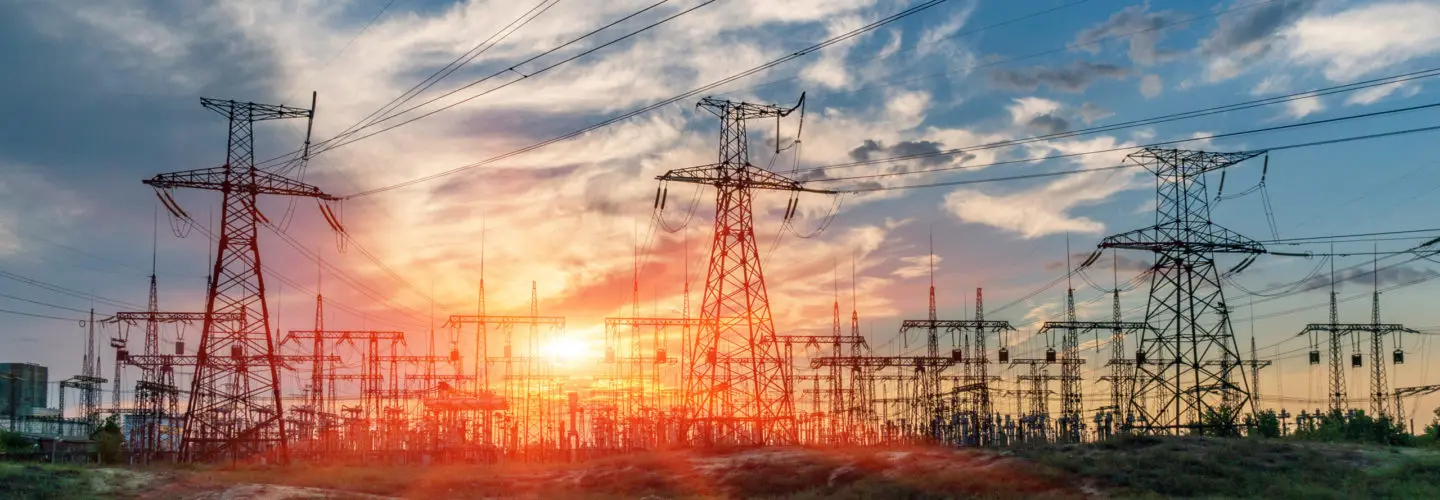The Missing Piece of State Climate Goals: Public Utilities Reform
Acadia Center is shaping reforms to the statutory mandates that guide state agencies in order to enable those agencies to be stronger partners in meeting climate goals. By reforming directives, state agencies will be better positioned to address the climate crisis and to make decisions that work for all communities, both now and in the future.
States have committed to significant economy-wide cuts in greenhouse gas emissions by 2050. But despite these goals, states have not explicitly empowered the agencies that impact carbon emissions – such as Public Utilities Commissions (PUC) and Departments of Transportation – to prioritize climate, equity, and environmental justice, in their decision-making. To achieve our climate goals, government agencies should be empowered to prioritize climate change impacts and mitigation in their decisions.
The decisions that PUCs and other state agencies make in 2021 will create the building, transportation, and energy infrastructure of 2030, 2050, and beyond. But because of outdated mandates, agencies are limited in their ability to make decisions in line with state climate goals. Public Utility Commissions, for example, which regulate the rates and investment decisions of electric and gas utilities, are legislatively mandated to reduce the costs of energy, ensure reliable gas and electric service, and guarantee utilities the opportunity to earn a profit. PUCs cannot regulate utilities in alignment with state climate targets or make decisions that value reducing greenhouse gases.
The result of outdated mandates is that PUCs often fail to treat clean energy resources on a level playing field as fossil fuels, furthering a dependence on energy sources that are exacerbating the climate crisis and leading PUCs to undervalue the future costs and climate impacts of energy investments that lean heavily on fossil fuels.
Other state agencies make many decisions with long-term climate ramifications, including establishing building codes, setting land use policy, and approving transportation projects such as new highways and road construction. Without taking long-term climate risks into consideration, these types of decisions could reinforce existing systems and products that rely on carbon emissions and fail to make the changes that will be necessary as we transition to a more resilient, zero-carbon economy.
By updating agency mandates, we can allow regulators and other policymakers to make decisions that support greenhouse gas reductions and consider climate change impacts. This would minimize long-term costs from climate change that now fall outside the scope of the core responsibilities of many state agencies.
To put these reforms into action, Acadia Center is working with other organizations, such as the Environmental Priorities Coalition in Maine, to support legislation for reforming PUC and state agency mandates in order to put climate and energy justice front and center and to ensure that all agencies are committed to helping states reach their emissions reduction targets.
Progress is already underway in the Northeast. In Massachusetts, Bill S.9, the major climate bill that is back on Gov. Baker’s desk after his initial veto in January, adds greenhouse gas reductions and equity as core responsibilities for the Department of Public Utilities.
In Maine, state representatives will soon introduce a bill that Acadia Center spearheaded to add climate and equity responsibilities to the PUC’s mandate and to task other state agencies to align their decision-making with the state’s climate laws.
And in Connecticut, Acadia Center has put together a factsheet describing opportunities to reform the Public Utilities Regulatory Authority (PURA) and other state agencies, including amending the state’s Global Warming Solutions Act and modifying PURA’s statutory mandate directly.



















